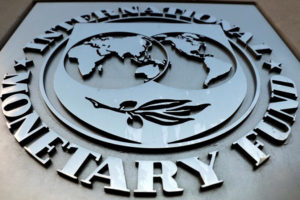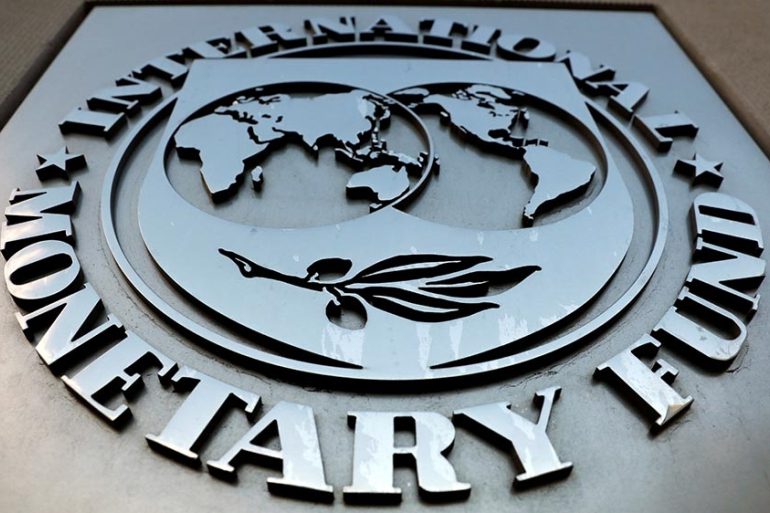International organization; the International Monetary Fund (IMF) has warned the general public across the world, against adopting the use of any Cryptocurrency including Bitcoin and Ethereum as legal tenders.

In a blog post with the title: ‘Crypto Assets as National Currency? A Step Too Far’ the International Monetary Fund (IMF) stated that it does not envision cryptocurrencies becoming national currencies. It went on via said blogpost, to highlight the numerous costs and risks involved if it did indeed end up happening.
The blogpost which was written by the Director and Financial Counselor of the International Monetary Fund (IMF)’s Monetary and Capital Markets Department; Tobias Adrian and the Director and General Counsel of the International Monetary Fund (IMF)’s Legal Department; Rhoda Weeks-Brown.
The International Monetary Fund (IMF) stated that, “Bitcoin and its peers have mostly remained on the fringes of finance and payments, yet some countries are actively considering granting crypto assets legal tender status, and even making these a second (or potentially only) national currency.”

It added that, “If a crypto asset were granted legal tender status, it would have to be accepted by creditors in payment of monetary obligations, including taxes, similar to notes and coins (currency) issued by the central bank.”
According to the International Monetary Fund (IMF), “Countries can even go further by passing laws to encourage the use of crypto assets as a national currency, that is, as an official monetary unit (in which monetary obligations can be expressed), and a mandatory means of payment for everyday purchases.”

It stated that,“Crypto assets are unlikely to catch on in countries with stable inflation and exchange rates, and credible institutions.”
The International Monetary Fund (IMF) believes that, “Households and businesses would have very little incentive to price or save in a parallel crypto asset such as Bitcoin, even if it were given legal tender or currency status. Their value is just too volatile and unrelated to the real economy.”

It says, “Even in relatively less stable economies, the use of a globally recognised reserve currency such as the dollar or euro would likely be more alluring than adopting a crypto asset.”
The International Monetary Fund (IMF) in addition made it known that the numerous digital currencies had the potential to provide payments that were faster and more affordable, while also improving competitiveness and resilience among various payment providers, further improving financial inclusion, and aiding in the facilitation of money transfers across borders. It however stated that nations all over the world must move with caution.
How informative was this article? Are there any other news topics, categories, or How To topics, that you would like us to write on? Feel free to reach out to Mpesa Pay in the comment section.


